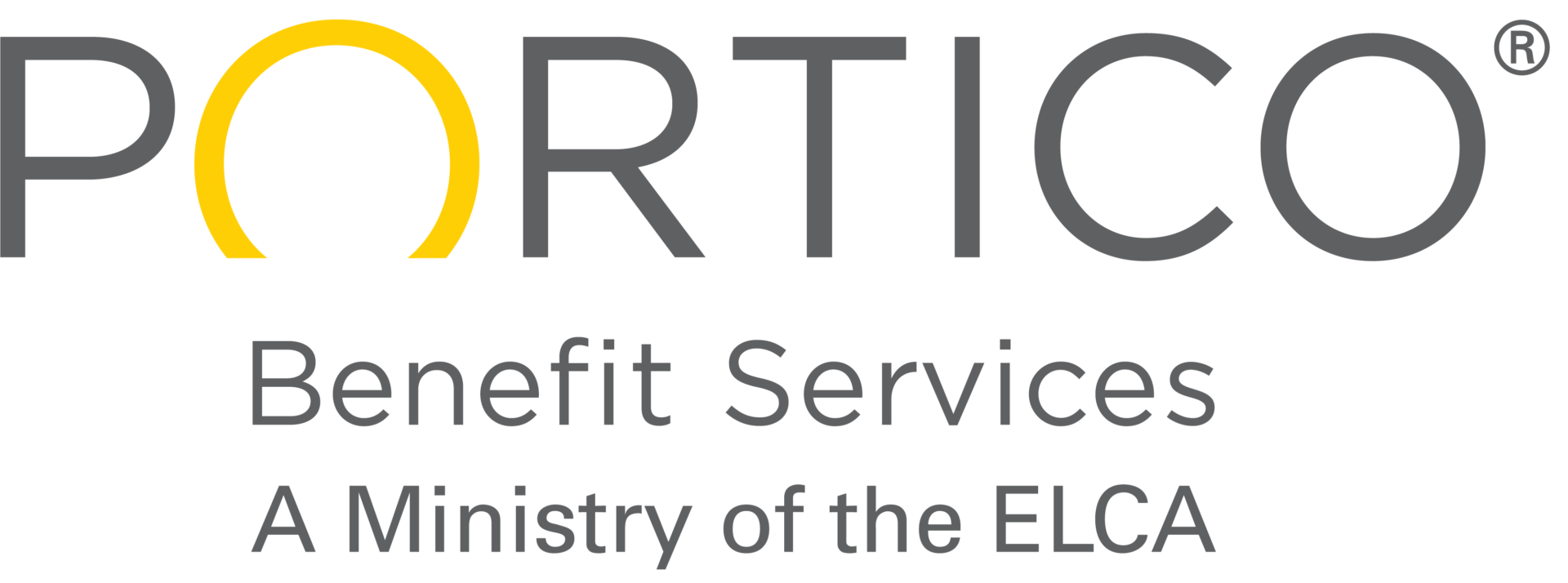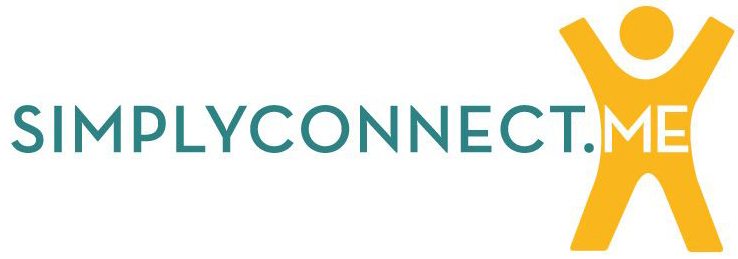Early Administrative & Congressional Action Expected: Threats to Medicaid in 2025 and Broader Federal Policy Outlook
By Sue Polis
With the new year, we will welcome the new administration and Congress and prepare for the work ahead. As a $26 billion network largely funded through Medicaid and other federal programs, understanding the changing policy landscape is critical to our shared success. The following is meant to provide an overview of key issues we are tracking related to federal policy and member interests.
Potential Early Administrative Actions Specific to Medicaid and Long-Term Care
We may see some shifts early on through administrative action that would impact Medicaid, including:
- Delay of implementation of rules meant to streamline Medicaid enrollment and renewal.
- Approval of Medicaid waivers with work requirements and/or the delay of implementation or new rules to undo the recent Medicaid Access Rule.
- Loosening regulations governing skilled nursing facilities (SNFs) and specifically, rolling back the staffing minimum on SNFs.
Early Congressional Threats to Medicaid
With the Tax Cuts and Jobs Act (TCJA) of 2017 set to expire next year, cuts to Medicaid are possible as Republicans move to reauthorize the legislation. Through the TCJA, corporate tax cuts were largely made permanent, while the individual income and estate tax cuts were largely temporary and expire at the end of tax year 2025.
Based on Congressional Budget Office (CBO) estimates and Republican plans, which include efforts to make the expiring tax cuts permanent, the potential price tag could be as high as $4 trillion over the next 10 years. With President-elect Trump signaling that Medicare, Social Security and spending on defense are off the table to pay for permanent tax cuts, that leaves Medicaid and the Affordable Care Act to potentially make up the difference. We expect action early in the new year that could impact Medicaid, with Senate Majority Leader John Thune (R-SD) signaling Congress may make changes through a two-step budget reconciliation process that would start as soon as January 20. We will continue to monitor efforts and will ask you to send a letter to Congress to urge them to protect Medicaid in any budget negotiations next year.
There are a number of threats or ways Medicaid could be impacted, which include:
- Block grants: Block granting Medicaid effectively changes the structure of the program because a set amount of federal money is provided to each state and notably, it does not change if enrollment rises, the cost of care rises or new health threats emerge. Some proposals to date include small increases each year and with the actual cost of care already not covered, this would widen the gap. While block grants could range in size, most proposals call for deep cuts. Example: A 2017 legislative proposal would have cut federal funding by 25% over 10 years and 30% over 20 years (CBO estimate of BCRA).
- Per Capita Caps: Essentially, each state receives a capped allotment per enrollee and while the cap may slightly increase each year, it is not set up to keep with the actual cost of care or anticipate new health threats (which makes an existing challenge worse). While in theory the cap can be of any size, previous proposals have always included massive cuts.
- Cutting Federal Medicaid Match or FMAP: The FMAP is the portion of Medicaid costs that the federal government pays to states, which varies state-to-state based on a formula. In states that have expanded Medicaid under the Affordable Care Act, an enhanced FMAP effectively covers 90% of costs. Anticipated cuts to the FMAP would effectively eliminate the enhanced FMAP producing a massive cost shift to states – which in most cases produces a gap that could not be covered. The result is effectively an end to Medicaid expansion in several states which effectively results in massive cuts in eligibility and enrollment.
- Work Requirements: Proposals that call for work requirements for eligibility in Medicaid effectively result in cuts as they create more red tape and cause people to lose their health coverage. The Congressional Budget Office (CBO) has estimated that past work requirement proposals cut $109 billion from federal Medicaid over 10 years. Data shows most working age adults enrolled in Medicaid already work, and work requirements do not increase employment. Exceptions for people with disabilities and caregivers have generally not worked as intended and, in effect, force decisions between work and Medicaid.
- Repeal of Streamlining Eligibility and Enrollment Rule: As noted above in expected administrative actions, repeal of streamlining enrollment is essentially a $164 billion cut to Medicaid over ten years according to CBO estimates. The rule change will impact people with disabilities by adding administrative burdens to continuation of coverage.
- Restricting Provider Taxes: Taxes on providers and insurers help states generate funding for their portion of Medicaid costs; every state has some version of these taxes that are regulated by federal law and have been part of Medicaid for decades. Amid existing state budget challenges, any restrictions in provider taxes will essentially produce cuts to Medicaid.
Non-Profit Charitable Tax Outlook
As noted above related to the expiring Tax Cuts and Jobs Act of 2017 (TCJA) and the need to find revenue to make the estate tax and personal income tax cuts permanent, a key area of focus is also the non-charitable tax deduction. As noted in the “Reining in America’s $3.3 Trillion Tax-Exempt Economy” report, which is being used to inform legislation on Capitol Hill, Lutheran Services in America is working with Leadership 18 to monitor and inform on-going discussions with a focus on restoring and making permanent the nonitemizer deduction and specifically to pass the bipartisan Charitable Act (H.R. 3435/S. 566). At present, across L18 supporting organizations, we are pulling together shared resources including materials for outreach to Senate Finance and House Ways and Means Committee members.
Non-profit organization status related to terrorism
Moreover, we are also monitoring a bill (H.R. 9495) that would essentially strip non-profit status from organizations deemed as supporting terrorism. We are working through a non-profit coalition of partners including the National Council of Nonprofits to voice opposition related to Section 4 of H.R. 9495 that would provide broad authority to the Secretary of the Treasury to revoke non-profit status without requiring the Secretary to share full evidence or reasoning with accused nonprofits.
More Managed Care
And while much remains uncertain, the continuing shift towards managed care and value-based payment is likely to pick up speed. With the nomination of Dr. Mehmet Oz to lead the Centers for Medicare and Medicaid Services (CMS), a lot of attention is being focused on his past statements related to Medicare Advantage. Specifically, a June 2020 op-ed authored by Dr. Oz and George Halvorson, the former CEO of Kaiser Permanente, called for expanding “Medicare Advantage for All.” We expect a lot of scrutiny through the confirmation process, especially from Democrats, in the coming weeks about Dr. Oz’s financial ties to Medicaid Advantage plans.
We will continue to monitor and share updates on all of these issues and efforts into the new year when we expect new legislation and action to commence.
For more information, contact:
Sue Polis at Spolis@lutheranservices.org or Sarah Dobson at Sdobson@lutheranservices.org or Bill Kallestad at Bkallestad@lutheranservices.org.
Sue Polis is Vice President of Public Relations and Government Affairs at Lutheran Services in America.













